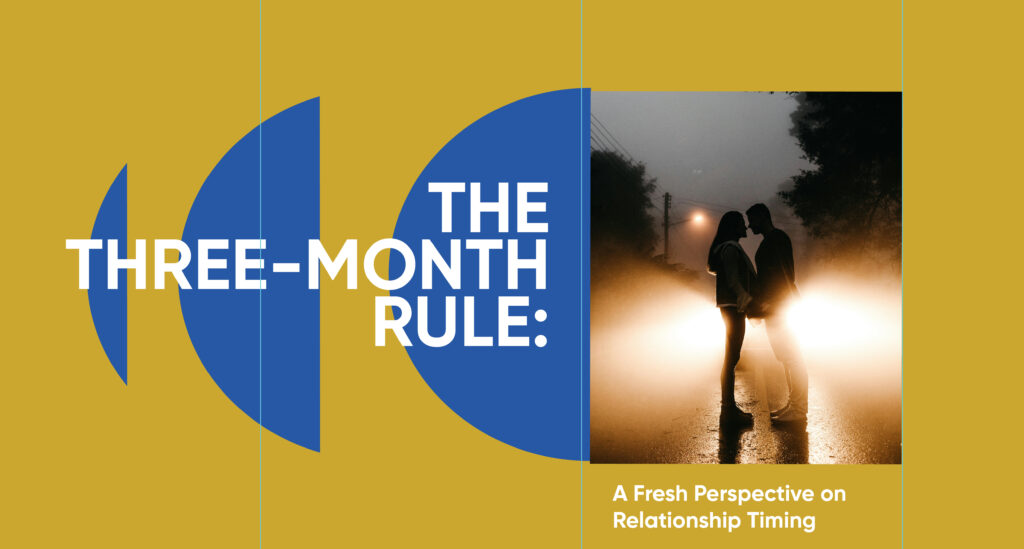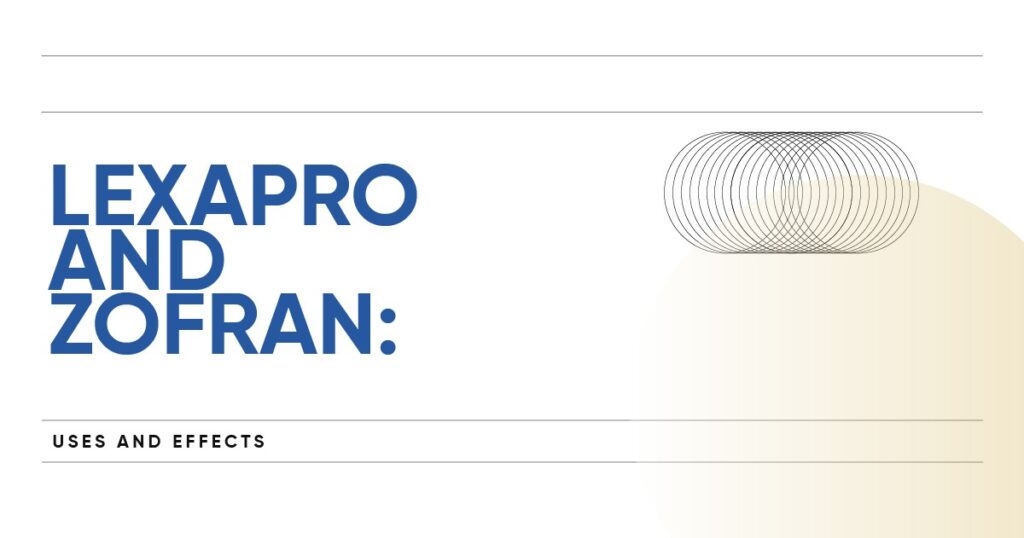When it comes to modern dating, everyone seems to have their own version of the “right time” to define a relationship. From casual coffee dates to meeting each other’s families, the steps that guide a budding romance are often unclear.
One popular concept gaining traction is the Three-Month Rule. But what is the 3-month rule exactly, and how can it reshape your understanding of the relationship timeline? This blog explores the psychology behind this dating guideline and how it can offer clarity and balance when navigating early relationship stages.
What Is the 3-Month Rule and Where Did It Come From?
The 3-Month Rule in dating essentially suggests that couples should wait approximately three months before making significant decisions about the future of their relationship. This period allows individuals to move past the initial infatuation phase, often called the honeymoon phase, and evaluate their partner’s compatibility more objectively.
Originating largely from modern dating culture and relationship psychology, this rule has been widely discussed in both relationship advice columns and social media communities. The basic idea? Give yourself enough time to see someone for who they truly are, without the pressure of early expectations or emotional overwhelm.
While it’s not a scientifically established theory, many relationship experts acknowledge the value of pausing before rushing into commitment. As per PsychCentral, early relationships can often trigger chemical reactions in the brain that cloud judgment, emphasizing the importance of slowing down for clearer perspective.
Dallas Mental Health
The 3-Month Rule Within the Relationship Timeline
Integrating the Three-Month Rule within your relationship timeline provides structure and clarity during early dating. Often, couples feel the need to label their relationship prematurely due to societal norms or external expectations. The 3-Month Rule acts as a natural buffer, allowing time to pass before addressing major relationship milestones.
Typically, the dating timeline includes phases like casual dating, exclusivity discussions, emotional bonding, and long-term commitment. Within this timeline, the three-month mark can serve as a crucial checkpoint.
After three months, emotional attachment becomes more stabilized, giving both partners a clearer sense of whether to move forward together or part ways amicably.
Navigating Early Dating Stages With Intention
In the early stages of a relationship, emotions run high. From dopamine-driven excitement to the fear of rejection, early dating can be both exhilarating and confusing. Applying the 3-Month Rule encourages intentional decision-making, providing room to:
- Assess shared values and life goals.
- Understand conflict resolution styles.
- Observe how both partners handle stress.
Rather than rushing to define the relationship, the focus shifts toward understanding each other’s authentic selves. This period allows you to ask important questions: Does this person make me feel emotionally safe? Do our lifestyles complement each other? These inquiries naturally arise when given the time and space provided by the 3-Month Rule.
The Rule as a Commitment Milestone
Once you reach the three-month point, many couples find themselves ready to discuss exclusivity and future intentions. The 3-Month Rule can effectively serve as a commitment milestone, indicating that it’s an appropriate time to evaluate the relationship’s direction.

For some, this may involve moving from casual dating to exclusivity. For others, it could mark the point where deeper emotional intimacy begins. Either way, the three-month period offers a structured timeframe to engage in these conversations without external pressures influencing decisions prematurely.
Emotional Readiness Vs. External Pressure
One of the most significant challenges couples face is differentiating between emotional readiness and external pressure. Just because friends, family, or society suggest that it’s time to “settle down” doesn’t mean you’re personally ready.
The 3-Month Rule encourages you to trust your own emotional timeline over external expectations. Emotional readiness means you feel secure, understood, and confident in your partner’s character – not just swayed by the allure of companionship.
By applying this guideline, individuals can avoid committing based on fear of loneliness or societal standards, fostering healthier and more authentic relationships.
Advice From Relationship Experts on Timing
Leading relationship experts emphasize the importance of pacing in early dating. According to Dr. Terri Orbuch, known as “The Love Doctor,” relationships that progress too rapidly often fail due to unaddressed incompatibilities. She advocates for structured pauses, like the 3-Month Rule, to create time for authentic emotional connection to develop.
Additionally, many therapists highlight that clear communication during this period is essential. Ask open-ended questions, listen actively, and avoid assuming that time spent together automatically equates to relational depth. Conversations about expectations, future goals, and boundaries should be initiated naturally but intentionally as you approach the three-month threshold.
Aligning Relationship Stages With Personal Goals
One overlooked aspect of the relationship timeline is how it intersects with your personal growth and life goals. The Three-Month Rule isn’t just about understanding your partner – it’s about understanding yourself within the relationship.
Taking a step back to assess personal priorities, emotional bandwidth, and life ambitions allows you to approach dating with clarity. Aligning your relationship stages with your personal goals creates a sustainable path forward, ensuring that you’re not compromising your individual identity for the sake of companionship.
Dallas Mental Health
How the 3-Month Rule Can Help Prevent Rushing Into Commitment
- Self-Reflection. Gives space to evaluate your own needs before prioritizing the relationship.
- Clarity Over Infatuation. Prevents decisions driven solely by physical attraction or early excitement.
- Balanced Boundaries. Establishes healthy communication patterns before deeper emotional entanglement.
- Reduced Regret. Lowers the likelihood of feeling trapped in a relationship that doesn’t align with your long-term goals.

Deepen Your Relationship Insights With Dallas Mental Health
At Dallas Mental Health, we recognize that relationships form the cornerstone of emotional well-being. Whether you’re navigating early dating stages, grappling with commitment anxiety, or seeking guidance on emotional readiness, our licensed therapists can help you explore your unique relationship patterns with compassion and clarity.
Through personalized relationship therapy and emotional wellness counseling, you’ll gain insights that help you build healthier, more authentic connections. Contact us today to schedule a session and take the first step toward meaningful emotional growth.
FAQs
What is the 3-Month Rule in the dating timeline and how does it impact relationship stages?
The 3-Month Rule suggests waiting about three months before making major relationship decisions, allowing partners to assess compatibility beyond initial infatuation. This practice stabilizes emotional attachments and prevents rushing through early relationship stages.
How can the 3-Month Rule serve as a commitment rule within a relationship timeline?
By using the three-month mark as a natural point to evaluate exclusivity and future intentions, couples can transition more intentionally through their relationship timeline, treating it as a key commitment rule.
What are some dating advice tips for successfully implementing the 3-Month Rule?
Focus on self-reflection, maintain open communication, avoid rushing labels, and take time to understand your partner’s emotional needs and boundaries.
How does the 3-Month Rule align with relationship milestones in the dating timeline?
The three-month checkpoint often coincides with moving from casual dating to exclusivity, marking one of the first significant relationship milestones in the typical dating timeline.
Dallas Mental Health
What are the benefits of the 3-Month Rule according to relationship advice experts?
Experts highlight clearer emotional awareness, reduced pressure, better communication, and stronger foundational trust as the key benefits of applying the 3-Month Rule in relationships.








